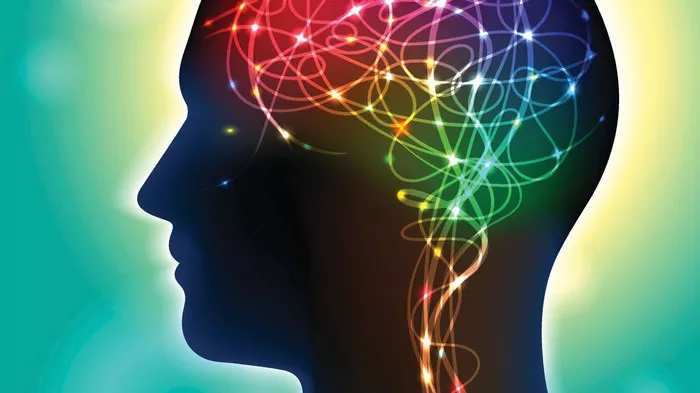FAQs
What is the best thing to do with anxiety?
The best thing to do with anxiety is to practice mindfulness techniques. Mindfulness involves focusing on the present moment and observing your thoughts and feelings without judgment. Techniques such as deep breathing exercises, meditation, and progressive muscle relaxation can help manage anxiety. Regular practice of mindfulness can reduce overall anxiety levels and improve emotional regulation.
How to handle extreme anxiety?
Handling extreme anxiety often requires a multi-faceted approach. Cognitive-behavioral therapy (CBT) is highly effective, as it helps identify and change negative thought patterns. In severe cases, medication prescribed by a healthcare professional can be necessary. Additionally, developing a strong support network, engaging in regular physical activity, and practicing relaxation techniques are essential strategies for managing extreme anxiety.
What is the best lifestyle for anxiety?
The best lifestyle for managing anxiety includes regular physical exercise, a balanced diet, and sufficient sleep. Exercise releases endorphins, which can improve mood and reduce stress. Eating a nutritious diet with plenty of fruits, vegetables, and whole grains supports overall health. Good sleep hygiene ensures the body and mind are well-rested, which is crucial for managing anxiety. Avoiding excessive caffeine and alcohol is also important, as they can exacerbate anxiety symptoms. Incorporating hobbies and social activities can provide additional emotional support and stress relief.
Related topics:
- ADHD Testing: Understanding the Process & Potential Outcomes
- Enlarged Prostate in Young Men: Causes, Symptoms & Treatment
- A Healthy Diet for Young Men: Nourishing the Body and Mind


